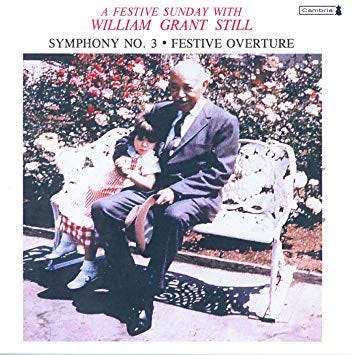Why Ride the Train?
Slow down and enjoy life. It’s not only the scenery you miss by going too fast — you also miss the sense of where you are going and why. — Eddie Cantor
I fly a lot. During the year in which my first book was released, I traveled more than 90,000 air miles. My friends tell me how lucky I am to see so many interesting places and my answer is that I don’t see a lot of great cities, just airports and hotels.
So, my team knows that if it’s possible for me to reach my destination on a train, that should be the first choice. Many people complain about trains, that they experience delays (so do planes) and the bathrooms are yucky (so are planes, but at least the train bathrooms are roomy).

There are some practical reasons why I prefer trains: 1) They are more comfortable, with plenty of legroom and spacious aisles, 2) I can get up and walk around anytime, 3) Free wifi, 4) No TSA agents going through my luggage and forcing me to throw out my water, 5) I can arrive at the train station 10 minutes before departure, 6) People don’t become ugly when boarding, 7) Cafe car, 8) I arrive in the center of town most of the time, instead of 30 minutes away, 9) There’s a quiet car, 10) It’s really easy to change my reservations.
Full disclosure: I have loved trains since I was a very small girl, for a very impractical reason. My grandfather, the composer William Grant Still, was obsessed with trains. He had drawers full of his Lionel engines and cars and tracks. He built little model towns for his train sets to pass through. When I opened those drawers, which I wasn’t supposed to do, my hands itched to set the engines on the tracks and set them running.

Grandfather loved trains so much that his piano concerto, “‘Kaintuck,” was inspired by a train trip he took through the beautiful hills of Kentucky. If you listen closely, you’ll hear the orchestra imitate the sound of the train’s whistle.

But there are other, more adult, reasons why I love the railroad. As I worked on my next book, about modern society’s obsession with efficiency and productivity, I started to wonder about the pace of my days. When was the last time I’d felt bored, for example? Did I ever allow myself enough time to let my mind wander aimlessly, or was I always directing my thoughts and actions toward some productive purpose?
Boredom is a particularly fecund state of mind for human beings, when we are most likely to make new connections and imagine new possibilities. By letting our minds wander, we end up in new places, cognitively. By charging ahead all the time, making use of every moment, I had eliminated boredom from my life and possibly eliminated a lot of creative thought as well.

So, I try to use my time on trains to stare out the window and watch America pass by. I can see Maryland transition into New Jersey, notice when we begin to enter the outer edges of New York. The politicos of DC get off at Penn Station and clusters of academics get on, headed to Boston.
On the train, I don’t hate people. I feel more human and less monster. The train allows me to slow down and be aware of what’s happening. The train is about mindfulness.
Carl Honore’s 2004 book, In Praise of Slowness, helped to outline what’s now known as the Slow Movement.

The movement really began in the 1980s, with a protest over the construction of a fast food restaurant. The concept of tapping the brakes and reducing speed in order to enjoy the journey is now being applied to all kinds of endeavors, like fashion, marketing, therapy, religion, parenting, and science.
Train travel is my way of applying Slow philosophy to travel. “Slow travel now rivals the fly-to-Barcelona-for-lunch culture,” Carl Honore says. “Advocates savour the journey, travelling by train or boat or bicycle, or even on foot, rather than crammed into an airplane. They take time to plug into the local culture instead of racing through a list of tourist traps.”

I am a conversational expert, so I already advocate for analog communication. The best is face-to-face or voice-to-voice (over the phone), and that means the best communication takes more time than what’s required to shoot off a text or email. The best conversations are slow. They often happen when we have time to spare and nowhere important to go. We avoid conversation on planes, but will often indulge on the train.
So, for two weeks, I will step off of the treadmill that is my regular life and onto the rails. When I board that train, I am giving up control over the pace and path. I will force myself to slow down and look around. And I can’t wait.

